If you click on a link and make a purchase we may receive a small commission. Read our editorial policy.
Final Fantasy: The legacy, wonder and curiosity at the heart of the beloved game franchise ahead of Final Fantasy VII Rebirth
There's more to Final Fantasy than 'just' gaming; the franchise is focused on storytelling that uplifts its audience
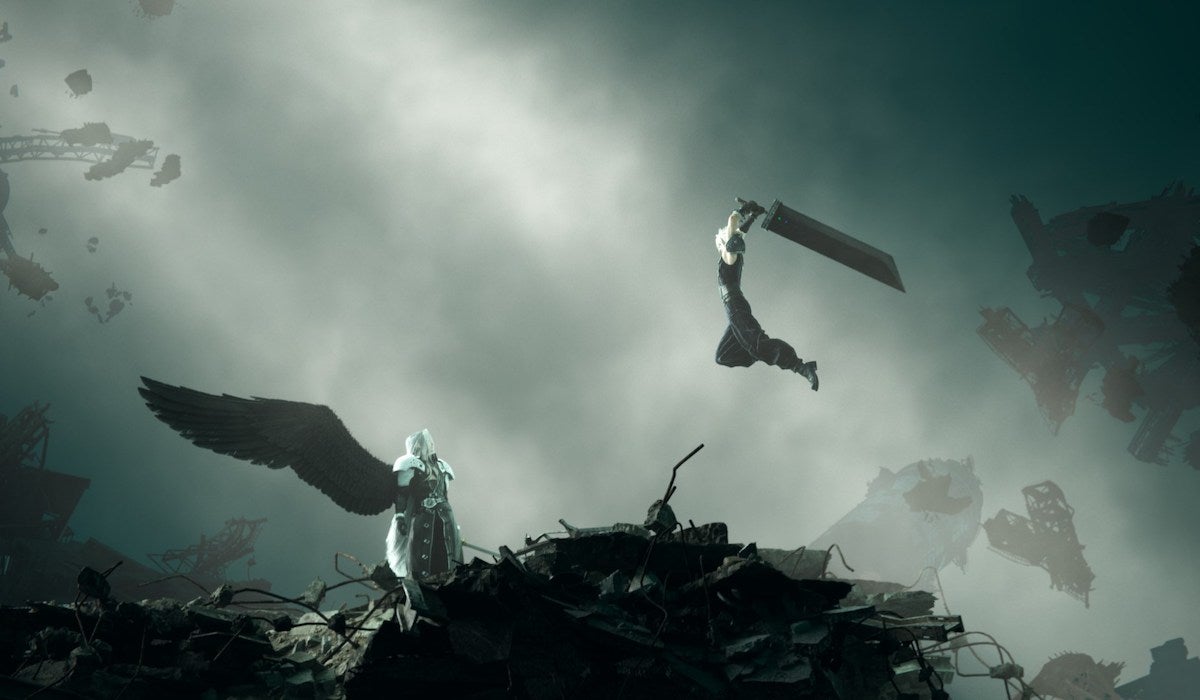
Thanks to Square Enix for sponsoring this article.
As soon as you entered the main stage of New York Comic Con on Saturday afternoon, it was clear that Final Fantasy VII Rebirth was a big deal. It wasn’t simply the size of the audience — more than filling the room, with a significant line of hopefuls outside — but the feeling in the room, even before anyone took to the stage to talk about the upcoming game: a sense of excitement and community, with strangers thrilled to compliment each others’ cosplay, or striking up conversations about favorite characters or moments from the series so far.
That was just the start. When the voice cast of Rebirth walked onstage, they were met with a response that suggested that Beatlemania was made up of people who just weren’t really that excited anything. When the cast spoke about their own history with the games — as voice actors, sure, but as gamers, as well; this is a series that’s been around for longer than most of the people in the room, so a large number of people grew up with this as an ever-present reality and comfort in their lives — the audience listened, rapt, feeling a kinship with their own heroes. When Naoki Hamaguchi, director of Rebirth, showed up as a surprise guest, the room exploded in excitement and disbelief, as if the very idea itself was impossible.
Not everything creates this level of excitement in its fandom… nor does everything create a fandom that’s quite as diverse in terms of demographic. For that matter, Final Fantasy is a franchise that is approaching its 40th anniversary by this point; to have such a passionate, sizable, diverse fandom across the world speaks to the fact that this isn’t 'just' a hit video game series — it’s a phenomenon.
Final Fantasy: A brief history of times
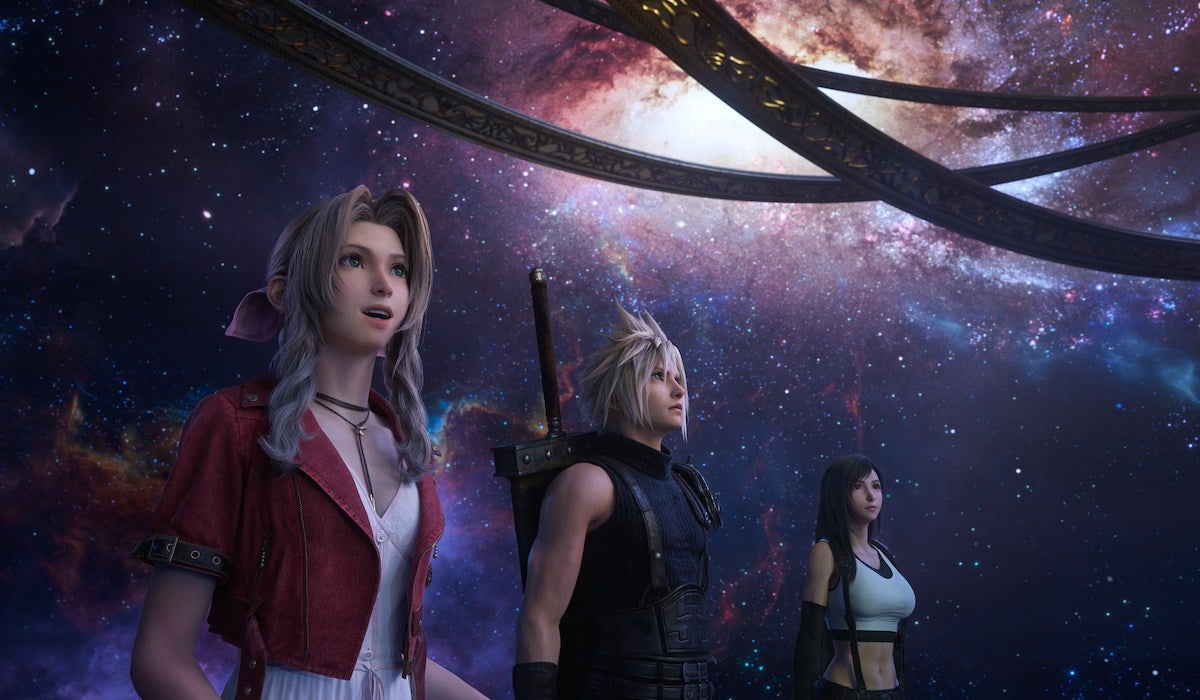
Like all genre classics, tracing the history of Final Fantasy is a somewhat complicated matter.
To wit: the franchise started all the way back in 1987, with the release of the first game in the series — titled, simply, Final Fantasy — for the Nintendo Entertainment System, although it wouldn’t make it to the U.S. until 1990. By that point, two further games had been released in Japan, although the game released in the U.S. as ‘Final Fantasy II’ was actually Final Fantasy IV; similarly, what was called ‘Final Fantasy III’ in the United States was actually Final Fantasy VI. The original Final Fantasy II, III and V games were just… skipped over outside of Japan, despite Final Fantasy V being the first game in the series to spawn a spin-off outside of games. (Final Fantasy: Legend of the Crystals, an anime that did get released in the States. Like I said, this is somewhat complicated.)
Things get a lot more straightforward with 1997’s Final Fantasy VII, which was the first game in the series to be released for the PlayStation, and also the first to feature 3D graphics; it also reset the game’s titling to be consistent internationally. To date, the series has reached Final Fantasy XVI, released in June for PlayStation 5, although there have been numerous spin-offs of the game series in the interim including Final Fantasy Mystic Quest, Dissidia Final Fantasy, and the current Final Fantasy VII Remake project, which expands what might be the key game in the series into three updated, expanded editions.
While we’re talking about spin-offs, we should note that there has been a lot of Final Fantasy media coming from the games. After 1994’s Final Fantasy: Legend of the Crystals, there have been further animated shows — Final Fantasy: Unlimited, Brotherhood: Final Fantasy XV, Kingsglaive: Final Fantasy XV — as well as a handful of feature films, including 2001’s Final Fantasy: The Spirits Within and 2005’s Final Fantasy VII: Advent Children. Want more? Then perhaps you should check out the many prose and manga adaptations and expansions of the game mythology that have been released — or, for that matter, some of the audio dramas produced for radio.
Again: Final Fantasy is a big deal, and one that extends far beyond the gaming community.
Final Fantasy: Less lore, more feels
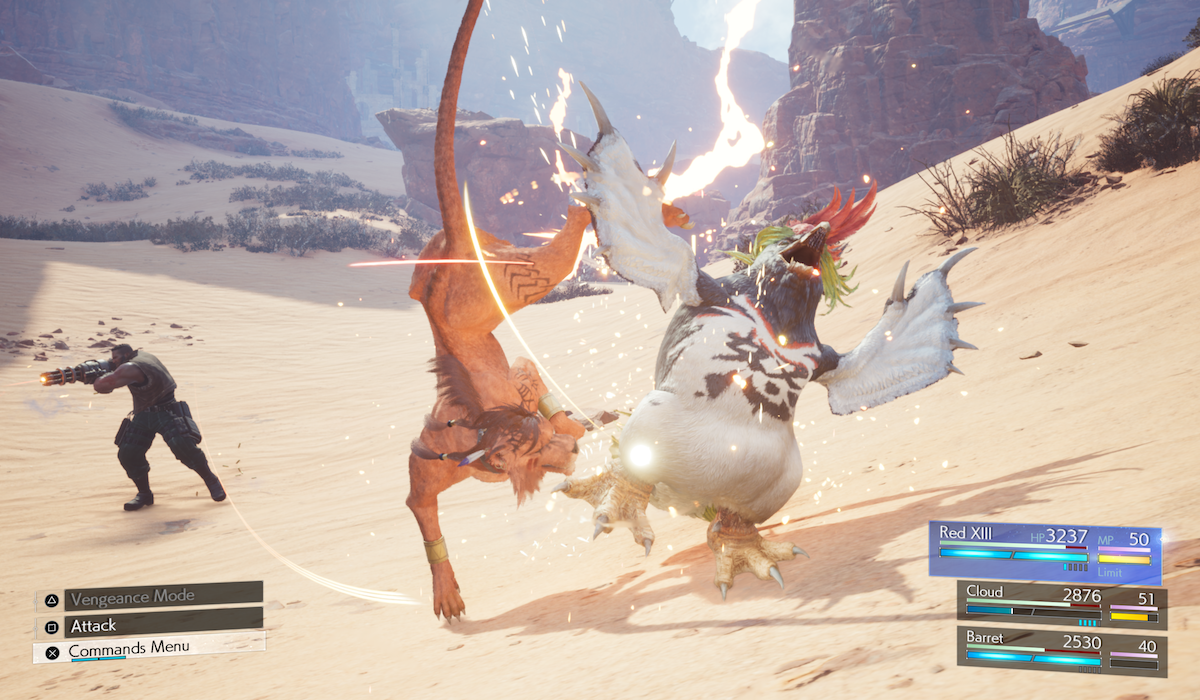
Something that’s worth bearing in mind when it comes to the success and impact of Final Fantasy as a franchise is that, despite the size and passion of its fandom, FF isn’t another Marvel, or another Star Wars. Instead of one core mythology or recurring cast of characters, Final Fantasy is an anthology that consistently reinvents itself on a periodic basis in ways that other massive genre properties would likely shy away from. Imagine if Star Wars pivoted entirely away not only from the Skywalker family after the first trilogy of movies, but from the entire galaxy far, far away that the franchise is set in — or if Marvel didn’t just skip between characters in one interconnected universe of storytelling, but time periods and storylines, as well; not only would fan outcry likely be deafening, but the result might break the appeal of each franchise, robbing them of the appeal of repetition and the endless cliffhanger.
Final Fantasy, however, is predicated on such reincarnation, allowing for the kinds of big swings that allow for storytelling choices that, to this day, stagger the imagination. (Final Fantasy VII’s storyline is, quite literally, apocalyptic and spans centuries by its conclusion, for example, something that coincidentally has been credited as “radicaliz[ing] a generation of climate warriors.” No small feat, that.) The more traditional “fantasy” setting of the initial games in the series — a relatively medieval world filled with elves, dragons, and magic — is replaced by a more modern setting in FFVII, with a storyline to reflect, dealing with a giant corporation that is literally destroying the world for profit… but that doesn’t stick, either; future games would return to more traditional fantasy settings, but on all-new worlds, with new missions, new mythologies to explore and new missions to complete.
What does recur between the games are some background details — the chocobos, for one, are a strange and wonderful thing that’s almost a running a joke throughout the series: a bird-like creature that’s as ridiculous as it is cute — as well as game mechanics and, most importantly, an attitude that stands in the place where “canon” or “lore” does for other franchises. What makes something a Final Fantasy story is the way in which it tells the story, and the type of story that it tells — not that a particular MacGuffin makes an appearance, or a familiar catchphrase is heard before the runtime is over. In a Final Fantasy story, the actions of individuals matter, and can have significant, world-changing impact, sure, but the franchise also stresses the importance of not only taking action and making a stand for what you believe, but doing so as soon as you can, and not waiting for someone or something else to fix problems on your behalf.
No wonder it’s something that audiences can form such a bond with, or share a bond with others over; at its heart, Final Fantasy empowers its fans and tells them how important they are.
Rebirth of Final Fantasy VII

And so, to Final Fantasy VII Rebirth, the reason we were all in the same room at New York Comic Con months ago.
There’s something particularly fascinating about the way the three-part Final Fantasy VII remake project approaches Final Fantasy VII. We live in an era of nostalgia as pre-requisite for the stories we watch, read, and play; the vast majority of content is adaptations, remakes, or in some way remakes of what adults have had in their lives since they were younger. There’s all manner of discussion over why this is the case — a favorite one being that, simply, re-engaging with those things inherently reminds the audience of simpler, less stressful times — but the whys are neither here nor there — what is more interesting are the ways in which the Final Fantasy VII remake project play with those expectations.
The idea of remaking the 1997 game is, of course, utterly on trend, but keeping with Final Fantasy tradition, the remake project intentionally screws with expectation. It’s not a straight remake, nor a simple update; by expanding one game into three, it requires a level of re-invention and creation that goes beyond simply remaking what was there before, despite the title of the first game in the series. ‘Rebirth,’ the title of the second game is a more fitting name, overall; it speaks to the fact that this is a returning to a setting, and a story, that fans have internalized and loved for years, but it’s not entirely the same — it’s something different, something more, something bigger. The old game, with new life breathed into it. A gift not only to new fans, who have the chance to discover everything for the first time, but to old, who have the chance to rediscover an old favorite anew.
The wonder and curiosity of Final Fantasy VII Rebirth
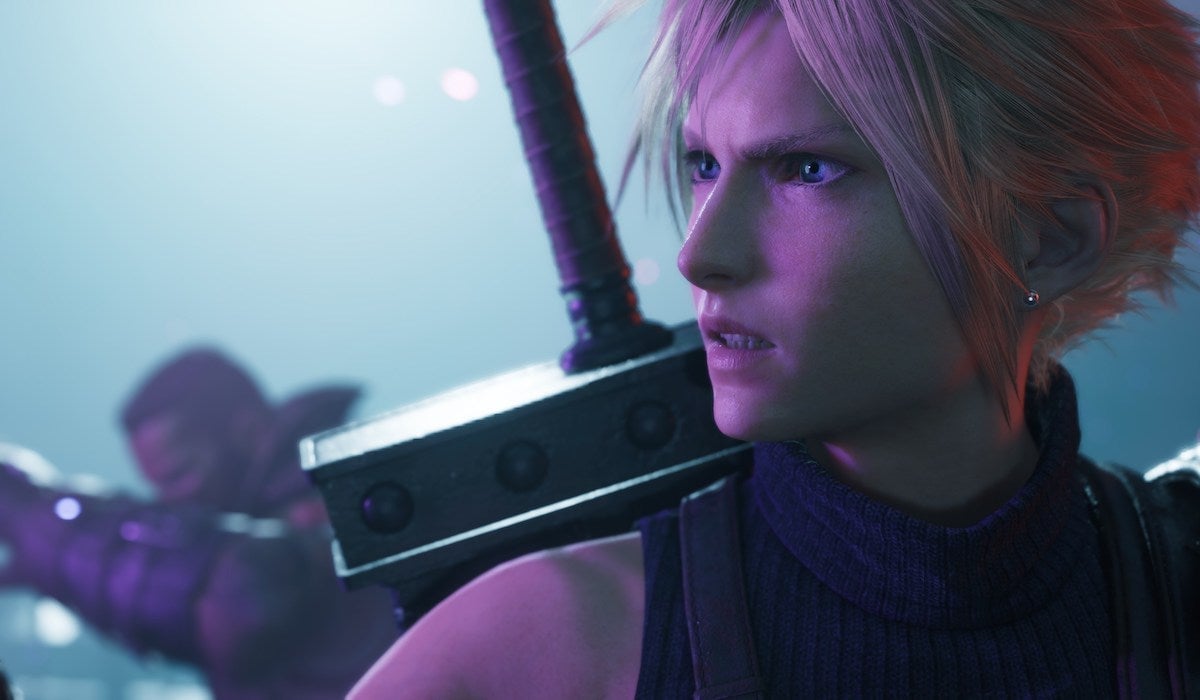
I had the chance to talk to Naoki Hamaguchi after the FFVII Rebirth panel at NYCC, and he mentioned his approach to recreating the past for the new game. “I think what is important is keeping the core elements and the essence of things, but what we'll do is, there'll be a different expression or there'll be a new way in which this is expressed,” he said. “Our ability to keep people wondering throughout this game and saying, ‘Well, is it the same or is it different?’ That's only possible because there are original fans who know this story so well. Because of that, we're able to provide this wonder and curiosity throughout.”
I keep coming back to that answer, thinking about Final Fantasy as a whole. Not only the approach of respecting fans who do know the stories so well as to play with expectations and make them ask, “is it the same or is it different,” but the description of that process as providing “wonder and curiosity.” There’s a lot there about what is important to those responsible for the franchise, in those two words, all to the good. “Wonder and curiosity” is, perhaps, the ideal guide to anyone looking to tell stories, especially in the fantasy genre. Hamaguchi’s use of the phrase hones in on the fact that, more than three decades after Final Fantasy first was unleashed upon the world, and after the franchise has become an international phenomenon that straddles multiple forms of media, the core considerations remain artistic, and ensuring the best possible experience for the audience.
“Wonder and curiosity.” There are far worse things for storytellers to aim for.
Follow Popverse for upcoming event coverage and news
Find out how we conduct our review by reading our review policy
Let Popverse be your tour guide through the wilderness of pop culture
Sign in and let us help you find your new favorite thing.





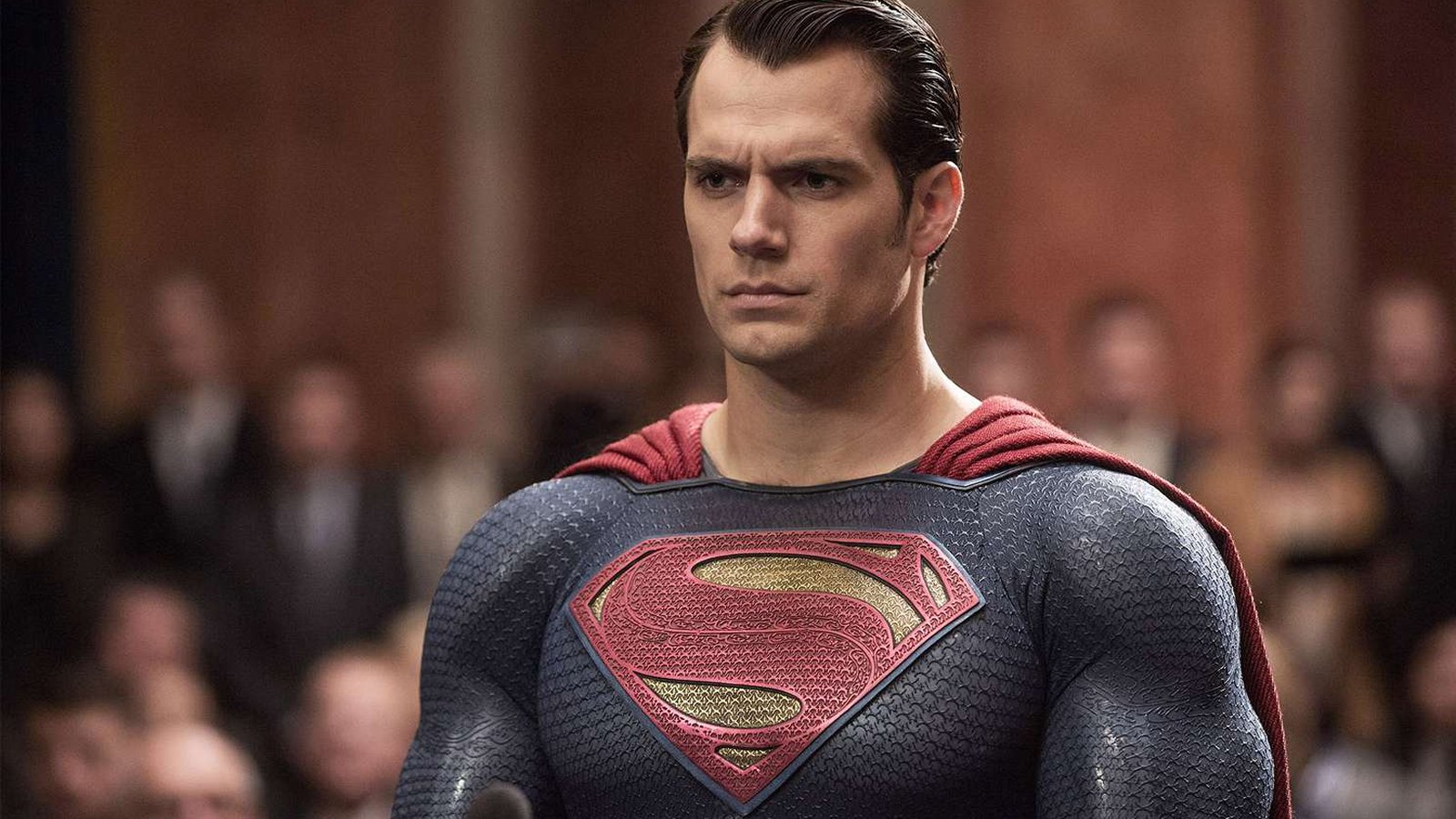










Comments
Want to join the discussion? Please activate your account first.
Visit Reedpop ID if you need to resend the confirmation email.